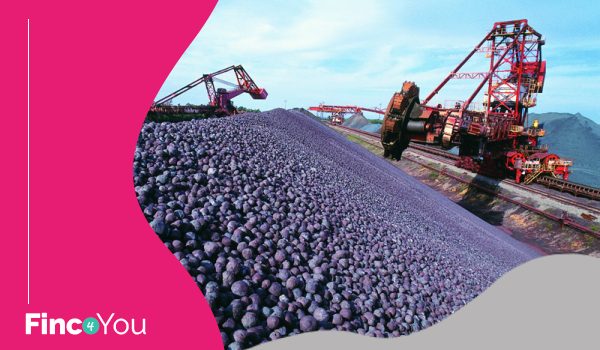
Understanding economic dependencies on mining reveals how nations harness resources for growth. Challenges and opportunities in resource-rich economies require balanced strategies for long-term prosperity. By considering sustainability, governments and industries can sketch future economic strategies that benefit both society and the environment.
Understanding Economic Dependencies on Mining
Mining plays a crucial role in the economy by providing raw materials necessary for various industries, from construction to technology. These materials are essential for manufacturing products that enhance living standards globally. The mining industry helps in creating jobs, stimulating local economies through infrastructure development, and generating revenue through exports.
One significant aspect of economic dependency on mining is the way it influences fiscal policies and government budgets. Resource-rich countries often rely on taxes and royalties from mining companies as vital sources of public revenue, funding schools, hospitals, and essential services. However, reliance on mining can lead to economic vulnerabilities. When commodity prices fluctuate, economies heavily dependent on mining may experience instability.
Another dependency is technological advancements that rely on mined materials. Elements such as lithium, cobalt, and rare earth minerals are integral to the development of renewable energy technologies, including batteries for electric vehicles. Thus, mining not only contributes to current economic structures but also supports future-oriented innovations essential for sustainable growth.
Understanding these dependencies helps in designing economic strategies that mitigate risks and capitalize on mining-generated opportunities. Implementing policies that encourage diversification and investing in sustainable extraction methods can enhance long-term economic stability and resilience.
Challenges and Opportunities in Resource-Rich Economies

Countries with abundant natural resources face unique challenges and promising opportunities. The wealth from resources like mining can drive economic growth and fund public projects. However, these economies must address issues such as volatility in global markets and the risk of over-reliance on a single sector.
Resource-rich economies often experience price fluctuations due to changes in global demand and supply. This volatility can lead to economic instability and affects government budgets and planning. Another challenge is ensuring that the benefits of resource extraction reach the entire population, addressing income inequality and social welfare.
Conversely, opportunities arise from using natural resource wealth to diversify the economy. By investing in other sectors like technology and education, countries can build a more resilient economy. Diversification not only stabilizes economic performance but also generates new jobs and fosters innovation.
Moreover, resource-rich countries need to implement sustainable practices in resource management, considering the environmental impact and long-term availability of resources. Developing technologies for sustainable extraction and investing in renewable energy can enhance economic stability.
Sustainability and Future Economic Strategies
As the world navigates towards a more sustainable future, the discussion around mining and its economic strategies becomes increasingly crucial. Mining industries must adapt to integrate sustainability not just as a trend but as a core part of their operational blueprint. Resources are finite; thus, it’s vital to balance between economic growth and environmental stewardship.
One essential strategy is adopting green technologies which minimize environmental impact. By investing in renewable energies and cleaner production techniques, mining companies can reduce their carbon footprint. Moreover, innovative technologies like automation and AI can enhance efficiency and extraction processes, leading to less environmental disruption.
Another approach involves creating robust recycling programs that promote circular economies. This means not just relying on primary extraction but focusing on the recycling of metals and minerals, which can significantly cut down the need for new mines and reduce waste.
The integration of economic policies and frameworks that prioritize sustainability as part of the economic growth strategy is vital. Governments can play a significant role by incentivizing sustainable practices through subsidies and grants aimed at companies that demonstrate eco-friendly initiatives.
Furthermore, involving local communities in the planning and decision-making process helps align mining activities with local environmental and social goals. This collaboration ensures that economic gains from mining operations benefit the whole community, promoting a more equitable distribution of wealth.


